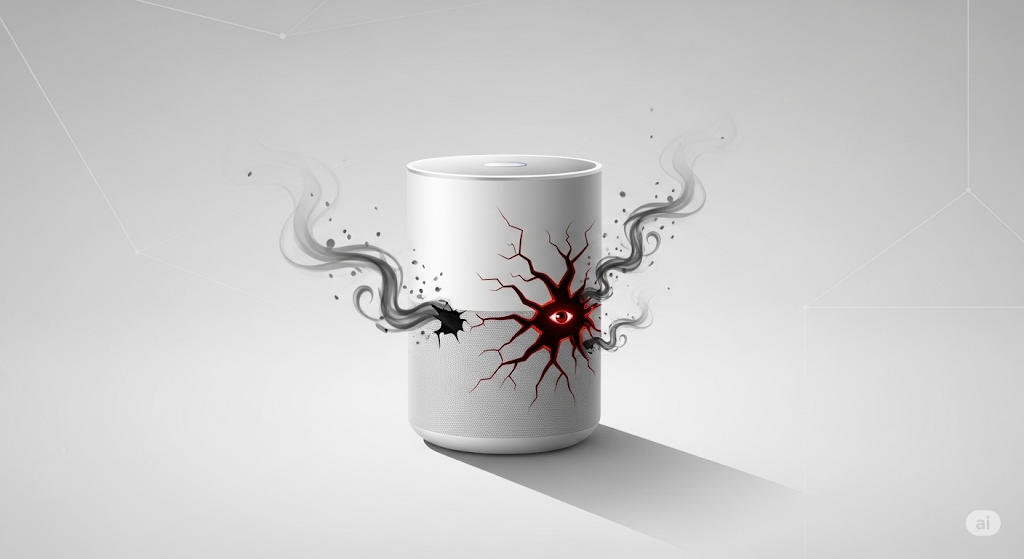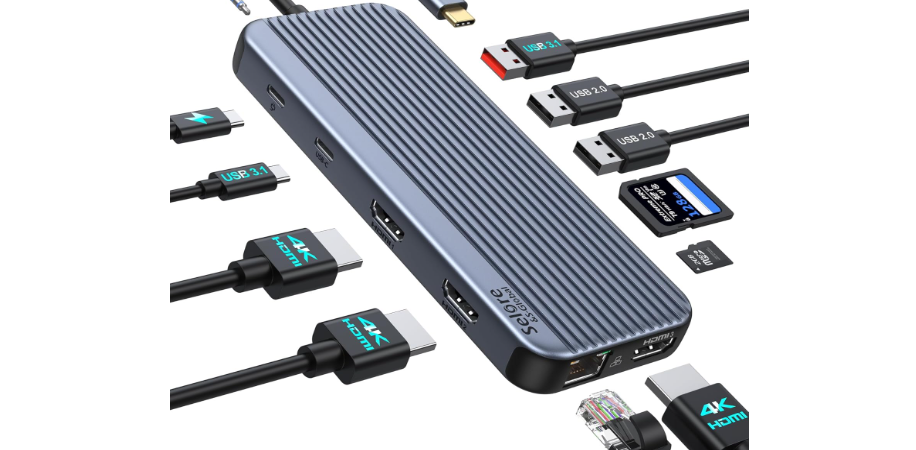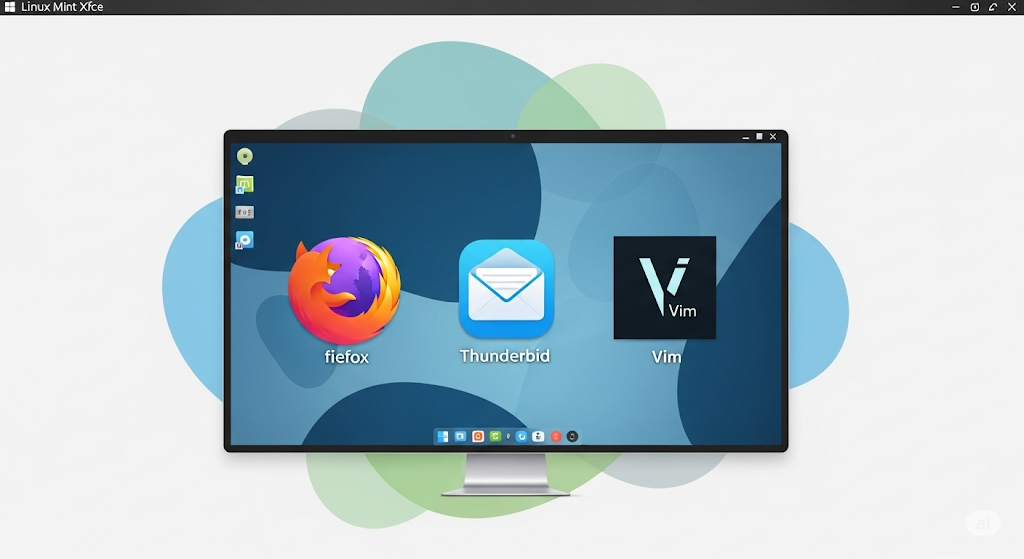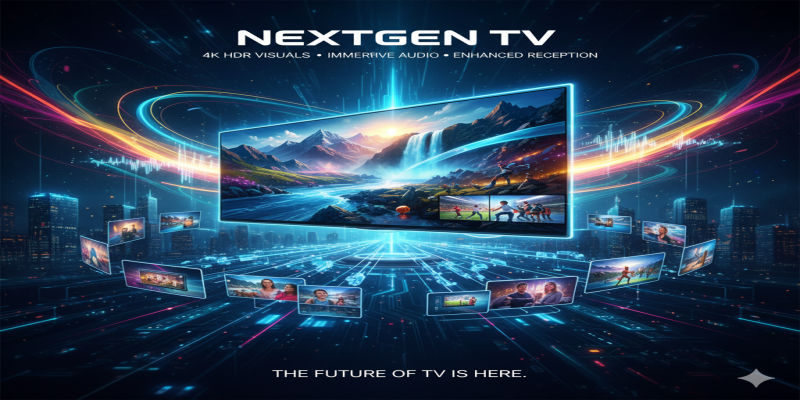Okay, so Microsoft’s finally easing up on the hardware requirements for Windows 11. I know, right? It only took them what feels like a decade. It’s a big deal, this has implications. Think about it.
So, what’s the deal?
Basically, if you’re rocking an older PC that never officially made the Windows 11 cut for various reasons, there’s now a backdoor, sort of. You can bypass some of those pesky hardware checks during installation. But, there’s a catch, there’s always a catch.
Impact?
This is huge! For those who were told to pound sand, it seemed like a planned obsolescence thing. Now, maybe you don’t have to shell out major coin for a new machine. Unless you want the latest and greatest, this keeps your faithful old workhorse running, saving you cash for things that actually matter, like beer or maybe the kids’ college fund, you know, whatever.
Imagine this: your grandma’s trusty computer still does the job for emails and Facebook stalking. But Windows 10 support is winding down. Now, you can breathe some new life into her system with Windows 11, avoiding that awkward tech support phone call when Windows 10 goes belly up.
Okay, hold up. Microsoft’s probably doing this because they want more people on Windows 11, duh. A larger user base means more data and more opportunities. But I’m not saying it’s completely malicious. Also, older hardware can be a security risk, it can struggle to keep up with the latest threats. So, you might be opening yourself up to vulnerabilities if you’re not careful. Just saying.
So What?
Why does this even matter? Well, think about the domino effect: businesses can delay upgrades, schools can use existing computers longer, reducing e-waste. It’s kind of a sustainability and reuse deal, right? But also, fewer people are forced to buy new PCs, and that means less of a hit to the wallet.
This isn’t just a tech update, it’s a chance for a longer leash on older tech, a pause in the relentless cycle of upgrades. What if this means we’re finally questioning the whole new is always better mantra? What if it fosters a culture of repairing and reusing?
Think about the ripple effect: saving money on tech, reducing waste, and maybe, just maybe, slowing down the endless consumerism train. But on the flip side, you’re also potentially inheriting a basket case of security issues that the newer is better folks were aiming to avoid. So, consider that.
Now, ask yourself: are we ready to embrace our old machines and squeeze every last drop of life out of them? Or are we still addicted to the shiny and new, consequences be damned?












Leave a Reply